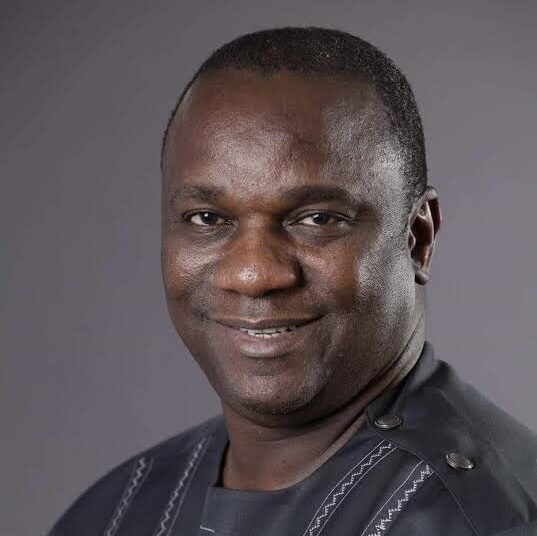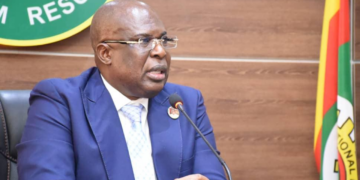A pressure group, the New Delta Coalition (NDC), has criticised Delta State Commissioner for Finance, Chief Fidelis Tilije, over his claim that the Delta was the financially strongest State in Nigeria, describing the assertion as “a blatant falsehood” meant to deceive the people and cover up the state’s financial struggles.
In a statement signed by Mr Godwin Anaughe on behalf of the NDC, the group argued that Tilije’s assertion was constrast verifiable data, stressing that Delta State lagged behind several other State in terms of Gross Domestic Product (GDP), Internally Generated Revenue (IGR), and financial sustainability.
“This egregious lie is an insult to the intelligence of the people of Delta State and a desperate attempt to conceal the state’s dire financial situation,” the statement read.
Citing statistics, the coalition pointed out that Lagos State leads with a GDP of ₦41.17 trillion, while Rivers, Akwa Ibom, and Imo States have GDPs of ₦7.96 trillion, ₦7.77 trillion, and ₦7.68 trillion, respectively. In contrast, it said Delta State’s GDP stands at ₦6.19 trillion, making Tilije’s claim laughable and misleading.
The NDC further argued that, despite being the highest recipient of FAAC allocations in Nigeria, Delta State has failed to translate its financial inflow into meaningful economic growth. The coalition noted that if the state’s resources had been properly managed, its GDP should be at least three times higher than its current level.
“If Delta State’s financial resources were judiciously managed, its GDP should be more than triple its current level. This glaring disparity between the state’s potential and actual performance is a clear indication of the government’s mismanagement and lack of accountability,” the group asserted.
Comparing Delta’s financial management with neighbouring states, the NDC highlighted that Edo and Anambra States had demonstrated fiscal discipline, generating sufficient IGR to cover their operating expenses. “Anambra State, for instance, generated ₦42.04 billion in IGR, surpassing its recurrent expenditure of ₦20.67 billion, while Abia State generated ₦33.14 billion against its operating cost of ₦24.74 billion.”
“On the other hand, Delta State continues to rely heavily on FAAC allocations, with a budgeted IGR of ₦134.09 billion against a massive recurrent expenditure of ₦348.77 billion for 2025, leaving it with an IGR-to-operating-expense ratio of only 38.4%. The coalition described this as financial recklessness and a sign of economic failure.
“After 25 years of PDP governance, Delta State remains unable to cover its personnel costs of ₦185.75 billion without relying heavily on federal allocations. This is a clear indication of financial mismanagement and a lack of economic growth,” the statement emphasized.
The coalition accused the Delta State Government of gross mismanagement, reckless spending, corruption, and a lack of transparency, which it said has resulted in stunted infrastructure development, poor healthcare, failing education, and rising unemployment.
“The consequences of this mismanagement are far-reaching, resulting in a lack of funds for critical infrastructure, education, and healthcare. This has led to widespread poverty and unemployment, causing immense suffering for the people of Delta State,” the NDC lamented.
Calling for transparency and accountability, the group urged Deltans to demand the truth and hold the government accountable for its failures.
“Chief Tilije’s attempt to deceive the public is a desperate bid to deflect attention from the government’s failures and maintain a veneer of credibility,” the coalition stated.
It further warned that the administration’s persistent falsehoods about the state’s financial position are an affront to the people’s trust and evidence that the government is more interested in propaganda than solving Delta’s economic challenges.
The group also called on Deltans to support a new era of transparency, responsible governance, and financial prudence in Delta State, urging the government to focus on real economic growth rather than misleading statistics.





